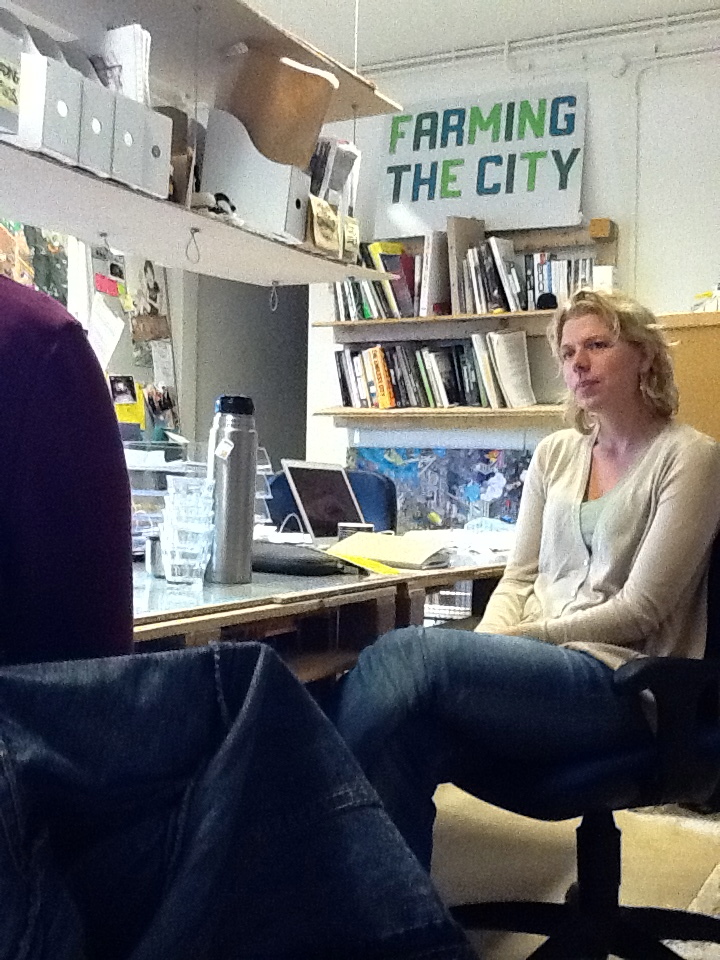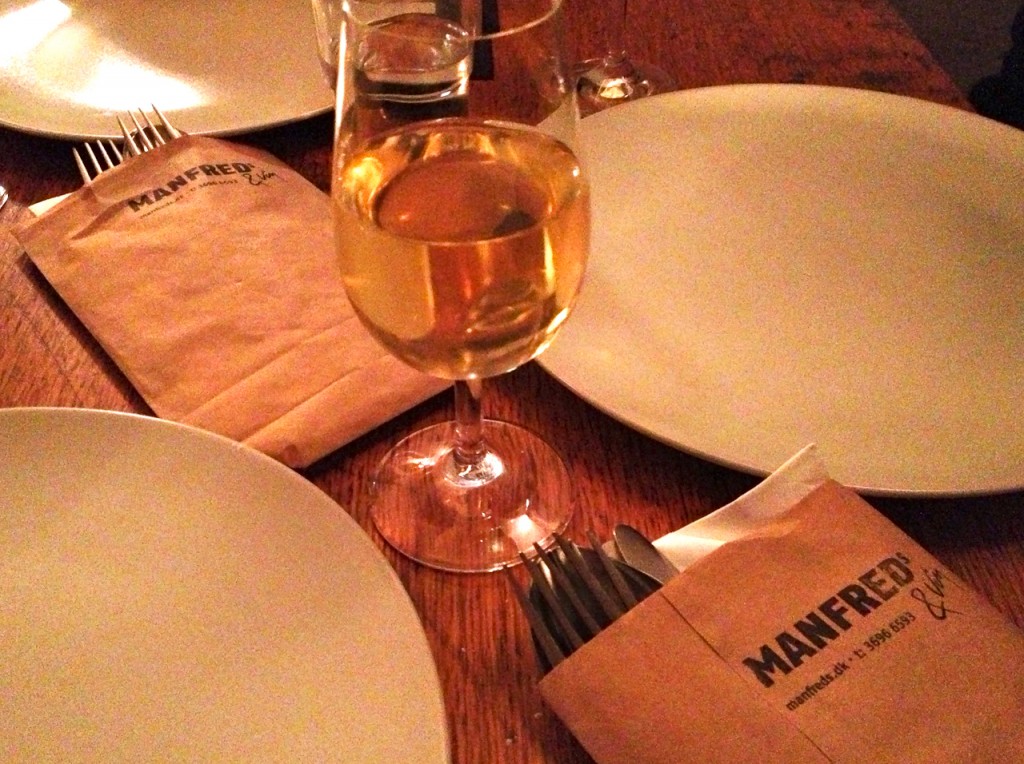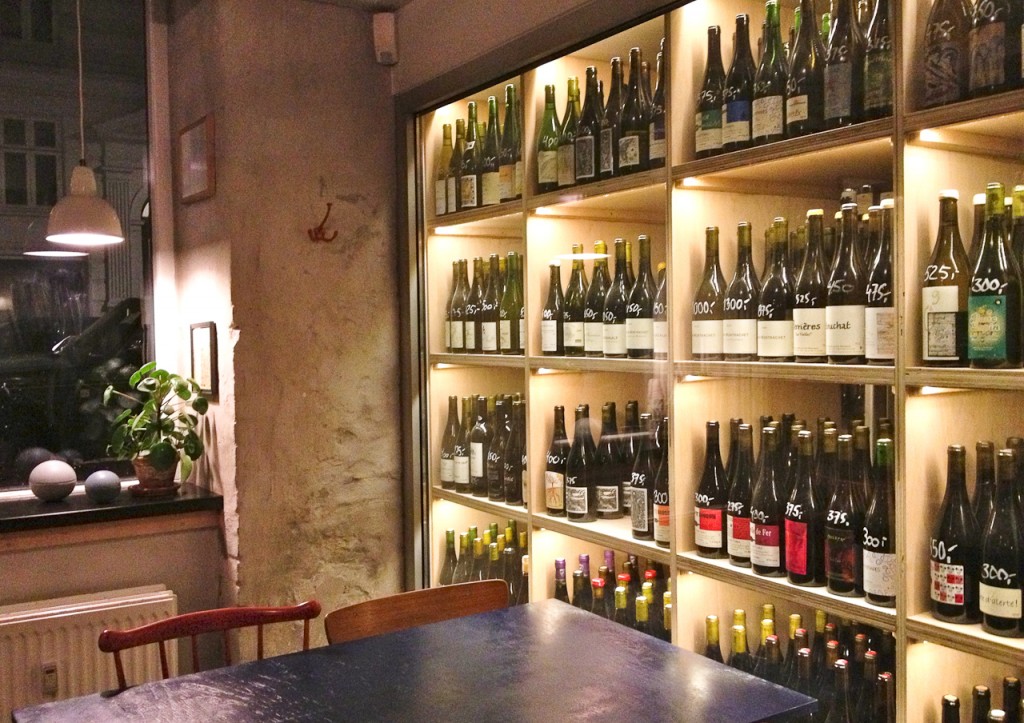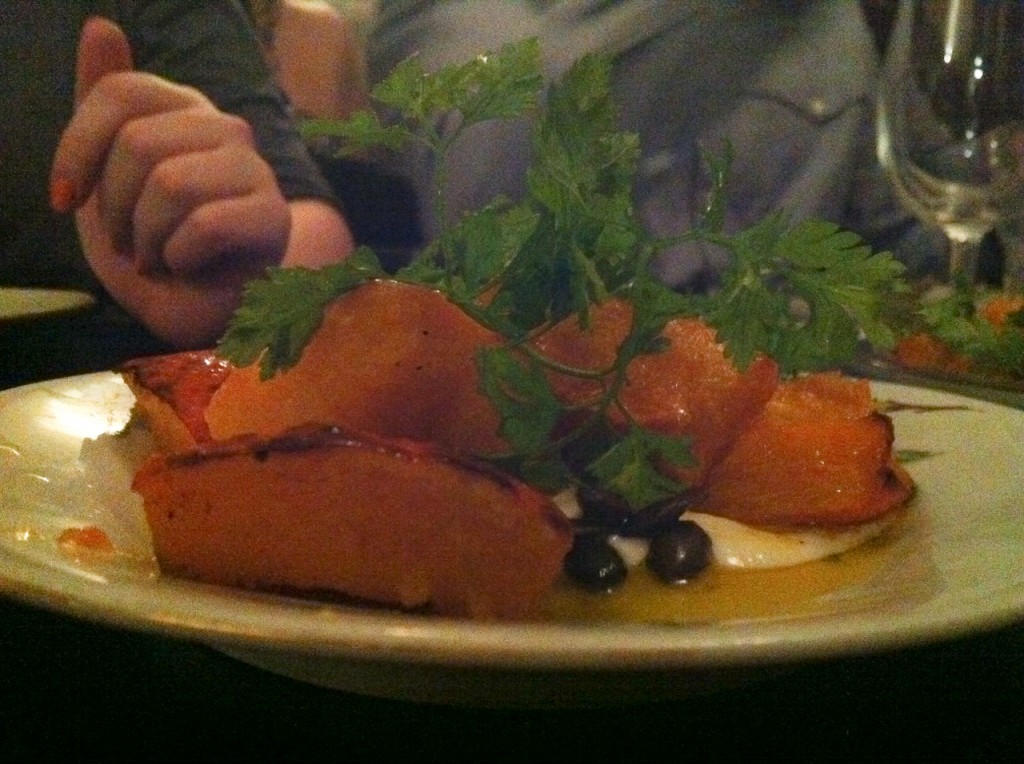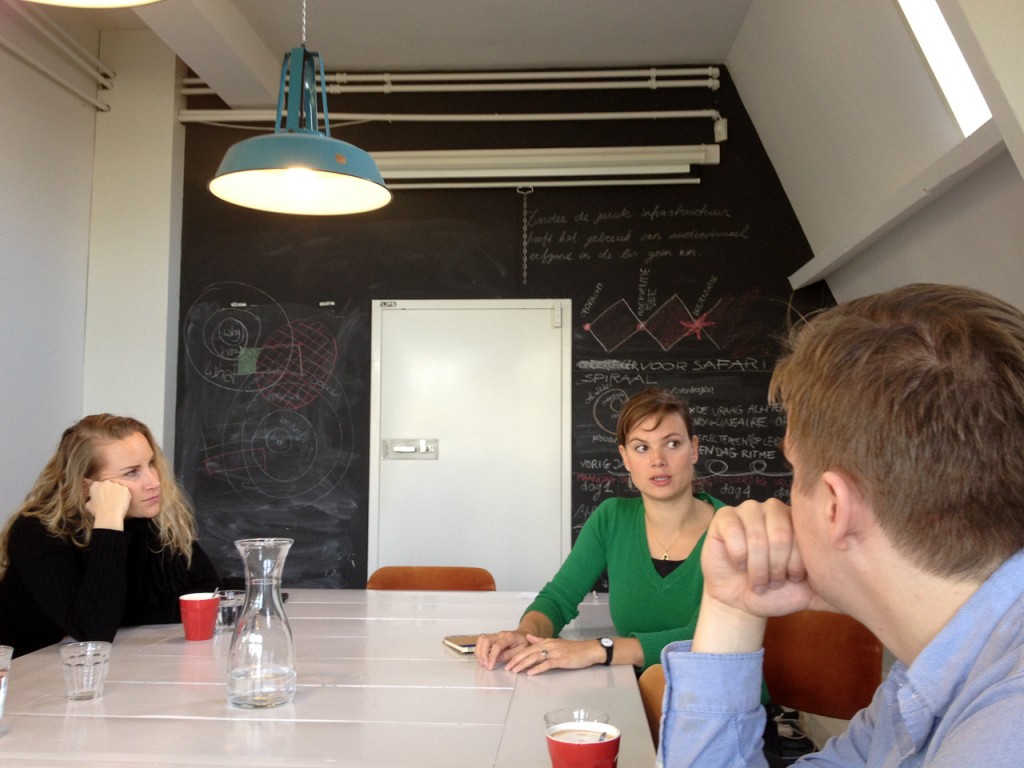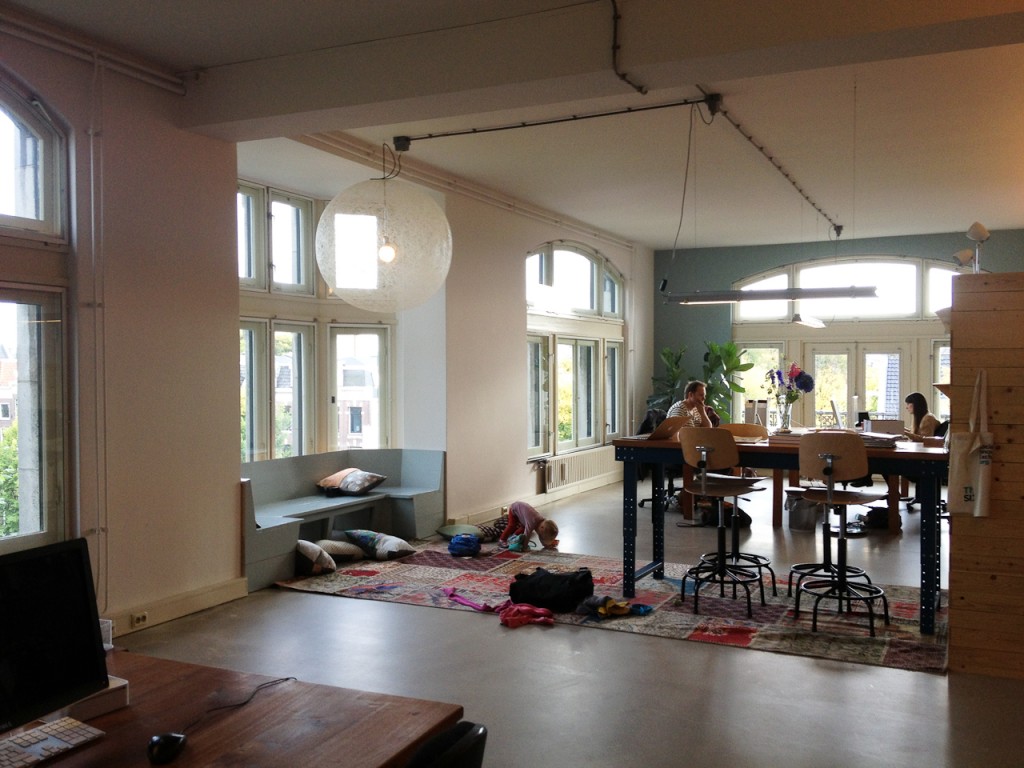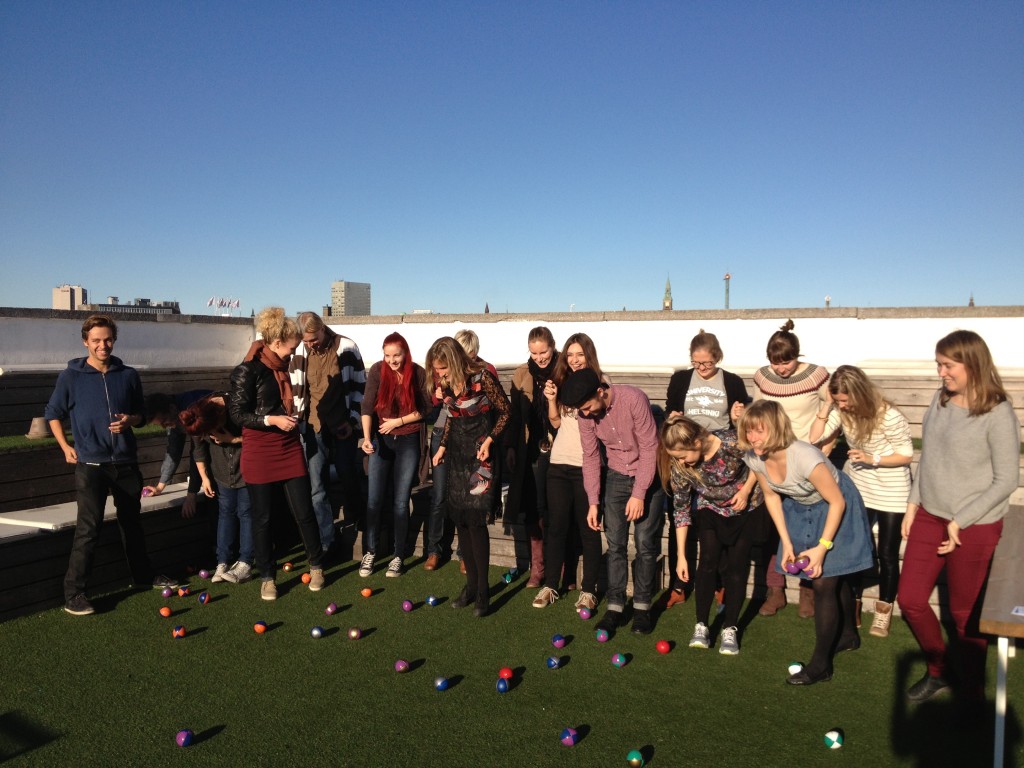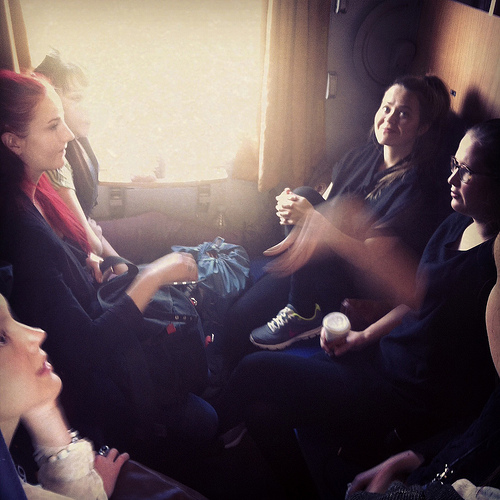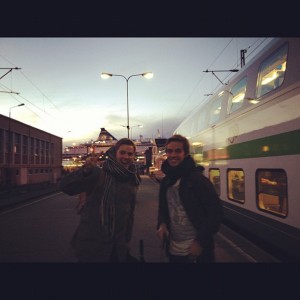Enterpreneurship is much about learning. It requires an adaptive mindset and a constantly evolving way of working. Entrepreneurship means working with determination to realise your vision which involves taking risks of opening your ideas to the world and sharing them by talking. If you want to initiate a change in the world you need to be ready to face uncertainties and ambiguities that you can’t fully control.
Taking risks, especially the financial ones, has always been one of the key definers of entrepreneurial activity. True, but there are also ways to be entrepreneurial without putting your house and family savings on stake. The risk you can seldom avoid is sharing your ideas with other people. One of the awakening experiences I got on our journey to Copenhagen and Amsterdam was to realise how much emphasis people we met put on communication and sharing. According to Juha van ‘t Zelfde from Non-fiction, a company we visited in Amsterdam, talking about ideas is crucial from the start. Being open and transparent and communicating what you do is important. The Non-fiction team involves the community already in the early phase for example by organising events and exhibitions in the space they plan to transform into something new. ”When people see the space ideas start to pop up”, Juha said. In the same way, talking about your idea aloud since the beginning helps you to find what you actually should be doing and how.
Talking to people is an entrepreneurial tool. It is a strategy to find problems that need to be solved, and – what is even more crucial to entrepreneurs – to identify solutions that bring added value which clients are ready to pay for. As Juha puts it: ”It is about trade-offs of who needs you, what you get from other and others from you. At the end it’s all about economics.” Talking involves certain risks though. Others most likely will challenge your ideas. They might also put them into perspectives you never thought of. Talking of something you don’t have ready answers for means stepping out from the comfort zone of your daily routines and expertise by exposing unready ideas and fuzzy visions to criticism and modifications but how else you could know what it is that the world needs?
Paula Borkowski

